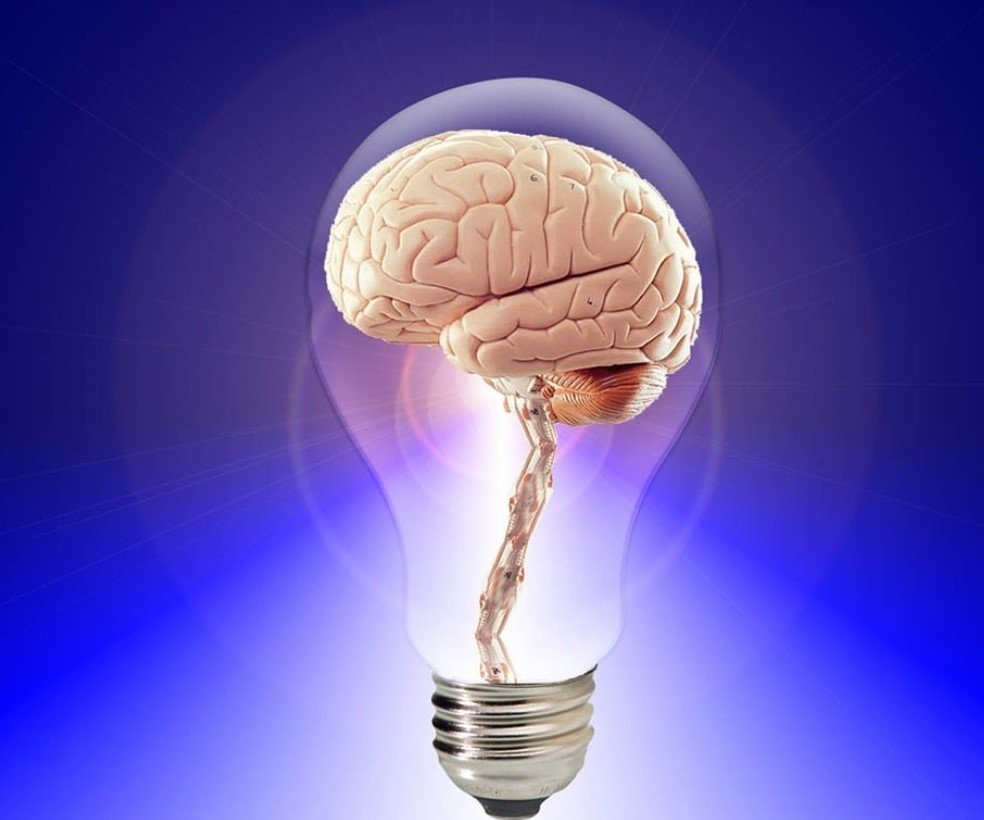The integration of technology into our most personal and emotional aspects of life—relationships, sex, and even parenting—is rapidly transforming the human experience. As artificial intelligence (AI) and other innovations grow more sophisticated, we find ourselves at a crossroads: What role should humanity play in a world where machines can mimic human behavior so seamlessly?
Tech’s Growing Role in Intimate Connections
Technology has gone far beyond convenience—it’s now intertwined with how we form and maintain personal connections. Chatbots, for example, can simulate meaningful conversations, offering companionship to those who seek it. Virtual and augmented reality are being used to create immersive romantic and sexual experiences. These advancements, while groundbreaking, raise questions about how much of our intimacy we are outsourcing to machines.
In the realm of parenting, AI-driven tools like smart monitors and predictive apps are designed to assist in childcare and decision-making. While these technologies can ease the burdens of modern parenthood, they also challenge the balance between relying on instinct versus data.

Humanity as Asset or Liability?
The growing influence of technology has sparked a philosophical debate: Does humanity, with all its imperfections, remain a strength to be cherished, or is it a flaw to be optimized? Machines, with their precision and lack of emotional volatility, can often outpace human capabilities in tasks that require perfectionism. However, the essence of intimacy—vulnerability, unpredictability, and emotional depth—remains inherently human.
Our imperfections, the very traits that make us unique, might feel increasingly incongruous in a world where technology provides polished, seamless alternatives. Yet, these flaws are often what foster deeper connections and genuine experiences.
Generational Shifts in Experiencing Intimacy
For the first time in human history, every generation is experiencing intimacy differently than the one before. Younger generations are growing up in a world where digital interactions are as meaningful as physical ones. Virtual relationships, online dating, and AI-driven relationship advice have become the norm, reshaping the definition of connection.
On the other hand, older generations may feel a sense of loss as traditional ways of bonding are replaced by digital alternatives. The generational divide reflects the broader tension between embracing innovation and preserving the authenticity of human experiences.
Opportunities and Challenges in Tech-Enhanced Intimacy
While technology offers incredible opportunities for enhancing intimacy, it also comes with challenges:
Opportunities:
- Inclusion: AI-driven tools can provide companionship for individuals who struggle with traditional relationships, such as those with disabilities or social anxieties.
- Customization: Personalized experiences, from virtual dates to tailored parenting advice, allow users to meet their unique needs.
- Accessibility: Technology makes it easier to connect across physical distances, fostering global relationships.
Challenges:
- Dependence: Over-reliance on technology can erode interpersonal skills and reduce face-to-face interactions.
- Authenticity: Simulated emotions and experiences might dilute the genuine connections that define human intimacy.
- Ethical Concerns: The line between human and machine roles in personal relationships is increasingly blurred, raising questions about consent, privacy, and agency.
A Call for Mindfulness in the Future of Intimacy
As technology continues to evolve, society must make intentional choices about its role in intimacy. This involves more than simply adopting new tools—it requires reflection on the values we want to prioritize. Should we aim for efficiency and perfection, or embrace the messy, unpredictable nature of human relationships?
This conversation also demands consideration of ethical boundaries. As we allow technology to influence our personal lives, we must ensure it does so in ways that respect individual autonomy and promote healthy, balanced interactions.
Striking a Balance
The integration of technology into intimacy is neither inherently good nor bad—it’s a tool that can enhance or diminish our humanity depending on how we use it. The key lies in striking a balance. Technology should support, not replace, the core of what makes us human: our ability to feel, connect, and grow together.
As the boundaries between human and machine blur, we are reminded that our imperfections are not liabilities—they are the very essence of what makes intimacy meaningful.







